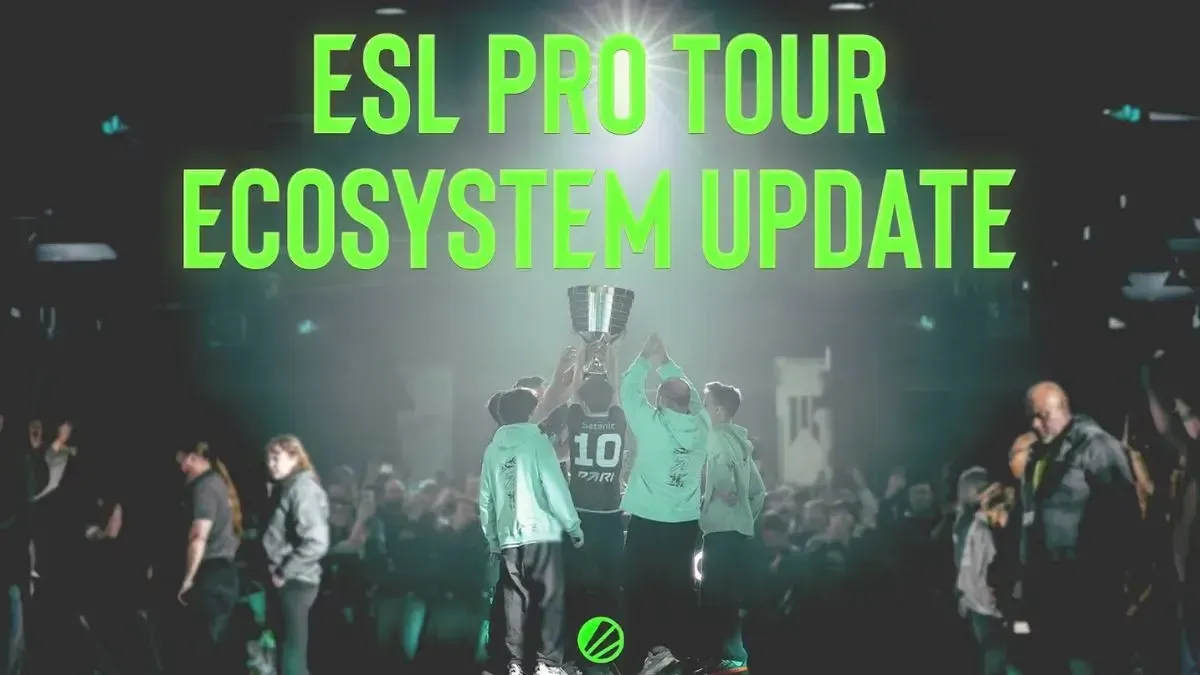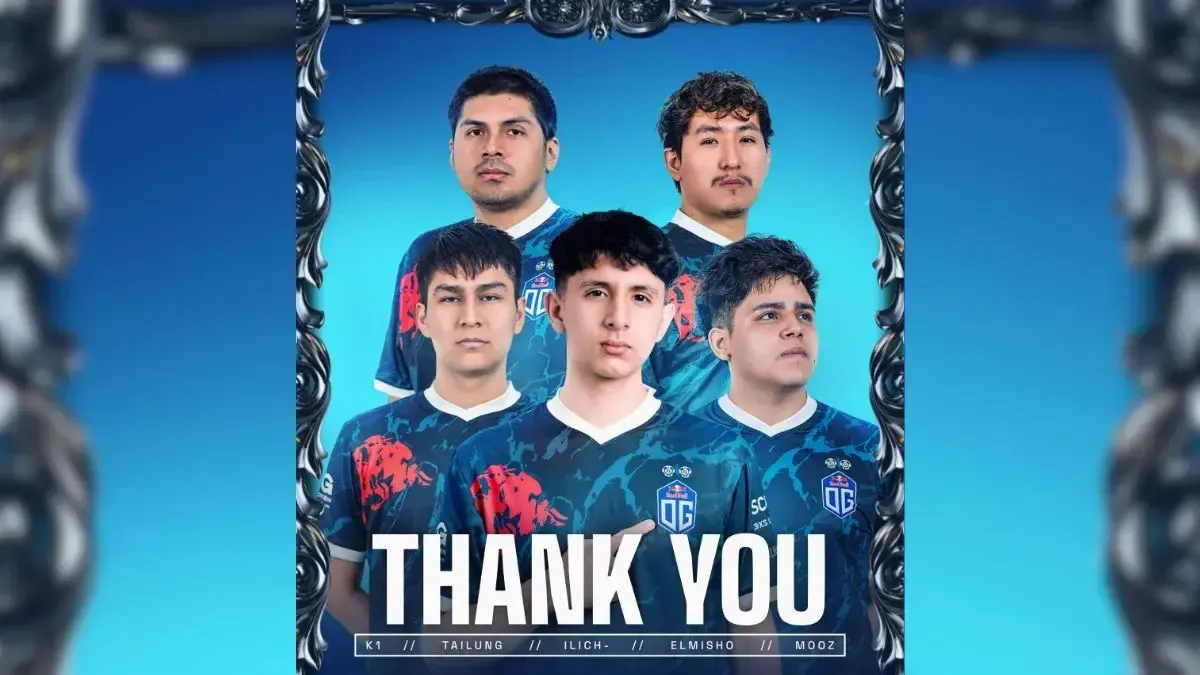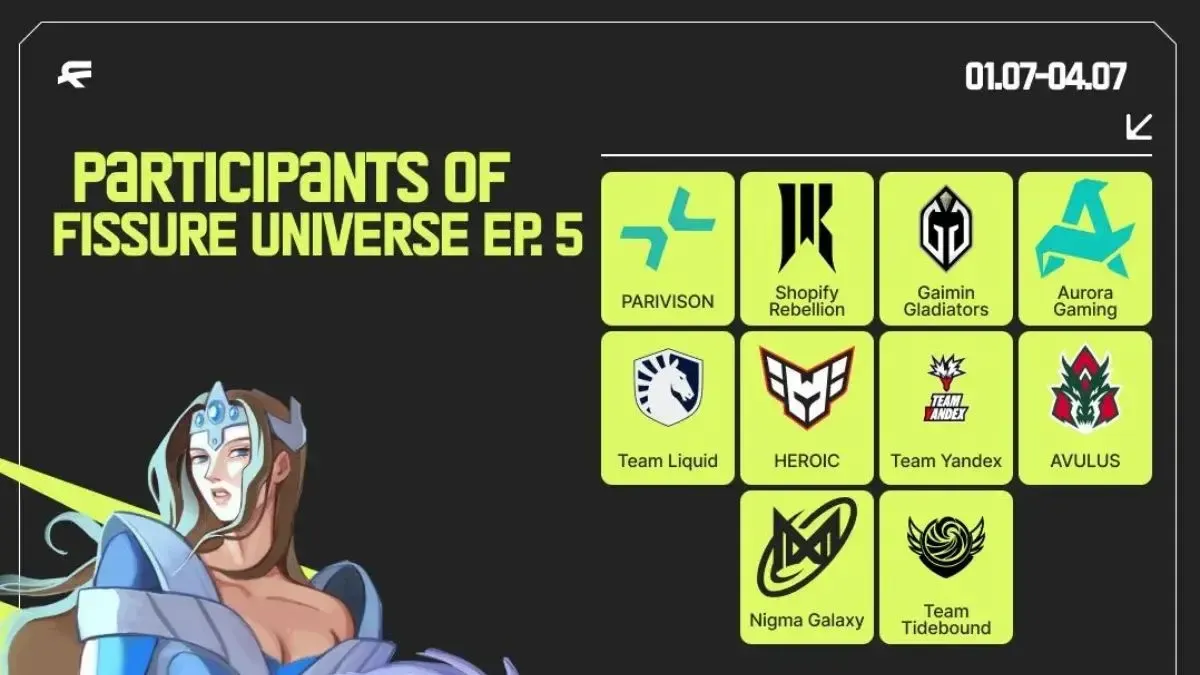Title image courtesy of Valve Software
Performance anxiety, stress, and emotions are real challenges at the highest level of competition in esports. How can they be managed?
The International 2024 (TI 2024) has come to a close, leaving behind unforgettable moments, new champions, and countless stories of triumph and heartbreak. For fans, it was a spectacle of skill and strategy, but for players, it was the most high-pressure event of the year — a stage where nerves could make or break careers.
With millions watching and the weight of expectations heavy on their shoulders, even the most seasoned competitors aren’t immune to the invisible challenges of esports: performance anxiety, stress, and the struggle to manage emotions and mental health.
As Dota 2 competition continues to thrive, so does the psychological strain on its players, especially in tournaments like TI, where the stakes are incredibly high. But what exactly are these mental health challenges, and how does it affect those who compete at the highest level?
Dota 2 is a mental game
Johan "n0tail" Sundstein famously said in True Sight TI8
"Dota is a sick mental game. Brings out the best and the worst in you. [...] Who ended up winning the mental warfare always won the series. That's how you win tournaments. If you break the other mind it gets really easy. Some minds are really hard to beat though."
Virtus.pro and Team Secret have gone into Ti the last few years as leaders in the Dota Pro Circuit (DPC) but fell short when they reached the main stage of TI. The CIS powerhouse team has said more than once, and at TI9 specifically, that it is all about mindset. Each year they head into TI as if it is a different animal than the other tournaments, and each year they crumble and choke early on. The pressure starts to become too much no matter how much talent or experience you have.
But it's not just confidence and mind games, it is also about being healthy and having a clear mind.
A recent study from 2022 found that esports players are just as likely as traditional sports athletes to experience sleep problems, stress, and burnout. The study surveyed 313 players across games like Counter-Strike: Global Offensive, VALORANT, and Rainbow Six Siege. Although the sample size was relatively small, the findings highlight what many already knew: awareness of mental health issues and maintaining mental well-being are crucial for peak performance.
Researchers at the universities of Winchester and Chichester stressed the importance of prioritizing gamer well-being, as is done in other professional sports like football.
"Findings provide preliminary evidence to address the specific stressors, including personal concerns and in-game pressure, that are associated with aspects of mental ill health, which have meaningful implications for the prediction of long-term mental health in esports athletes."
OG's psychologist during TI9, Mia Stellberg, emphasized during an interview with Red Bull the importance of managing individual players’ reactions to stress and emotional control.
“I like to teach the players a lot about controlling their emotions so that they are more rational instead of emotional. If you have a lot of emotions, that might sometimes conflict the game itself.”
And if you need more insight – just ask the pros!
How to manage performance anxiety, stress, and emotions
The mental aspect of performance is pivotal to success. Understanding anxiety is essential for developing strategies to combat its effects and build mental resilience in competitive environments. Whether you’re a seasoned professional or an aspiring competitor, these strategies can help unlock your full potential:
- Mindfulness and Relaxation Techniques
Incorporating practices such as deep breathing, meditation, and progressive muscle relaxation can promote calm and focus, helping players manage anxiety more effectively.
- Positive Visualization
Mentally rehearsing successful performances boosts confidence and primes the mind for success, helping players visualize positive outcomes.
- Goal Setting
Setting realistic, achievable goals builds confidence and reduces the fear of failure. Clear goals foster a sense of accomplishment, leading to a more positive mindset.
- Pre-Performance Routines
Establishing consistent pre-performance routines creates a sense of familiarity and control, offering structure before a high-pressure match.
- Positive Self-Talk
Replacing self-doubt with positive affirmations encourages optimism and mental resilience, helping players stay focused and confident.
As the pressure of competition continues to rise in esports, especially in high-stakes events like The International, it’s crucial to recognize that mental resilience can be just as important as mechanical skill. Performance anxiety is an invisible, yet powerful force that can derail even the most talented players. By acknowledging and addressing these mental challenges, esports athletes can unlock their full potential, ensuring that they not only thrive in the game but also maintain their well-being off the stage.
Ultimately, a healthy mind is a key ingredient in sustaining long-term success in the ever-evolving world of competitive Dota 2.
 For more match results and updates on the go don't forget to check out our Telegram channel.
For more match results and updates on the go don't forget to check out our Telegram channel.







